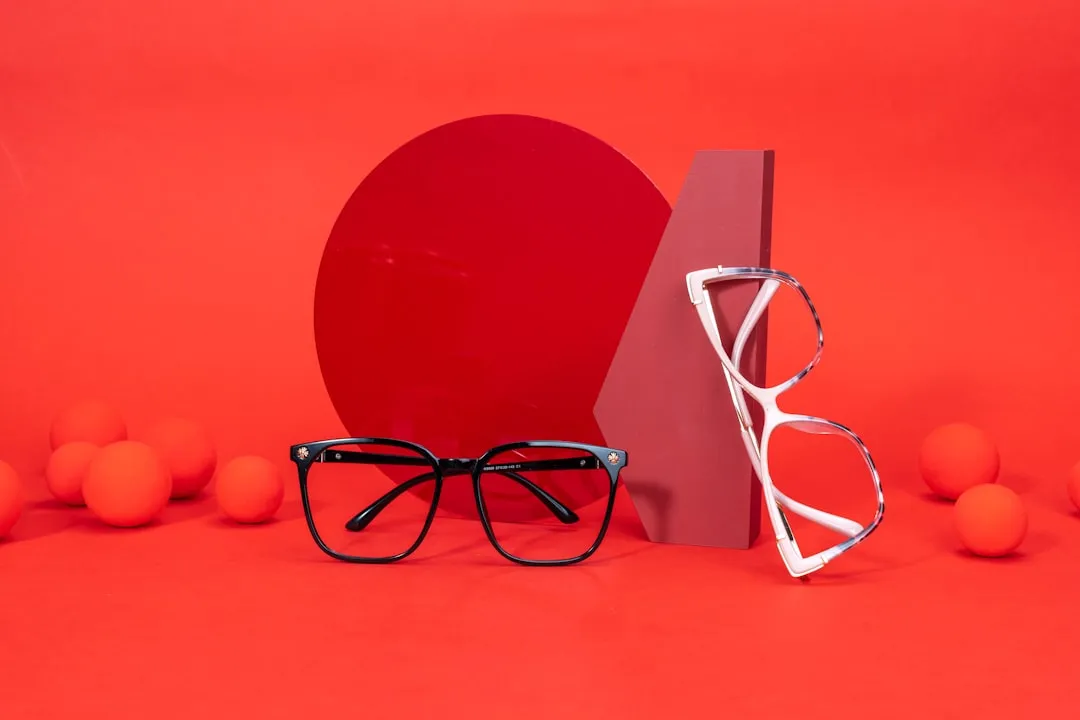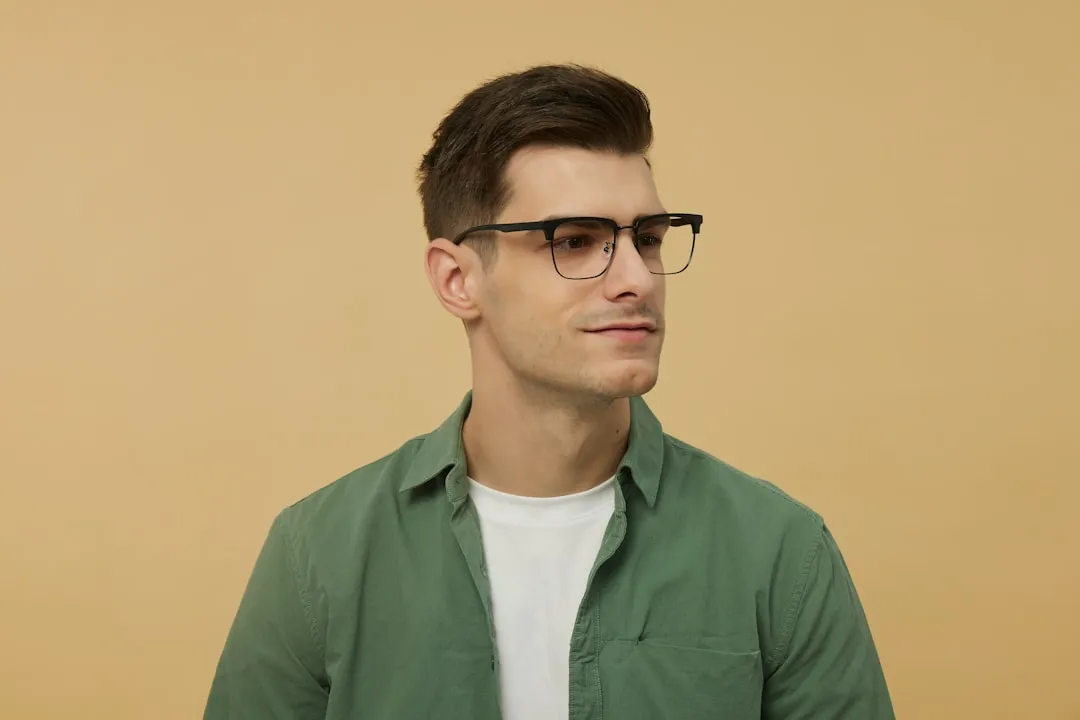If CES 2018 is the starting gate for this year's race to release smartglasses, then Vuzix is already racing down the augmented reality track with its Blade smartglasses.
After a "surreptitious" preview and a pre-order launch in 2017, Vuzix Blade will make its "official" debut at next week's CES event in Las Vegas (Central Hall Booth #17147).
Vuzix is making the case for the Blade as the first "truly wearable" AR smartglasses for consumer and enterprise. And it's a strong case, as the Blade weighs less than 3 oz. and looks more like a pair of sporty sunglasses than sci-fi headwear.
"When you finally have a pair of glasses that look like they'd be something you'd wear, with displays built in them like the HUD of a fighter pilot's cockpit, and you tie that in with Alexa, an AI engine that can help you navigate and go around the world and connect the real world and digital world, and buy things and do all this stuff with just a simple voice command, it really makes for an amazing mix," said Vuzix CEO Paul Travers told Next Reality.
"Everybody talks about augmented reality and the dinosaur and a whale jumping out of the floor... [but] if you think about the whales and the dinosaurs, that's all gaming-oriented kinds of things. [The Blade] is a device that looks like a regular pair of glasses that literally gives you the functionality of what's on your phone, but you can leave it in your pocket."
In a video prepared for the device's debut, Vuzix emphasizes use cases for the Blade as a wearable display device that lets consumers keep their smartphones in their pockets and purses. Powered by Vuzix's own waveguide optics and display engines, the Blade can display notifications and information on its lenses within an adjustable field of view and in varying light conditions.
- Don't Miss: The 10 Biggest AR Investments of 2017
Like a smartphone, the Blade includes microphones and audio output and an 8 MP camera for use while conducting voice and video calls, and capturing first-person point-of-view photos and video.
Since the Blade runs on Android, it can actually view AR experiences from mobile apps, although those apps are typically optimized for touchscreen inputs versus the touchpad interface that the Blade employs.
In addition to access to Alexa, the Blade adds a visual component to the information Alexa provides. For example, ask Alexa about the weather, and it will respond verbally, while the Blade displays a picture of the forecast.
"Everybody loves to talk to their Alexa at home, but they can't bring it with them. We solved that," said Travers.
The graphics are modified for display on the Blade, with background colors turned transparent so that users can still see clearly through the screen to view their surrounding environment.
"We want a screen that gives you information, but it's not like watching a movie or something here, it's information that easily gets placed inside of the real world, so it doesn't block your view," said Travers.
As development progresses, Travers envisions adding more skills that take advantage of the combination of the Blade's hardware and the capabilities of Alexa or other AI assistants. For example, with location contextualization, users could purchase tickets at a movie theater. Or, with computer vision, users could capture an image of a coveted item and purchase it through Amazon. Future capabilities could come through other services, as Travers notes that other relationships are "in the works."
Vuzix is currently offering the Blade developer's kit for a pre-order price of $1,997, with a $495 deposit required to reserve a unit.
While at CES, Vuzix will also showcase its Vuzix Basics remote support and telepresence app for its enterprise-focused M300 Smart Glasses. The app is available via subscription for $699 per year, but Vuzix is currently offering a bundle with the M300 and a one-year subscription to Basics for $1,999.
Vuzix's presence will also be felt elsewhere at CES, as Texas Instruments will demonstrate its DLP Pico display used in the Blade, and Powershelf will display its artificial intelligence solution for retail and logistics running on Vuzix devices.
- Follow Next Reality on Facebook, Twitter, Instagram, YouTube, and Flipboard
- Sign up for our new Next Reality newsletter
- Follow WonderHowTo on Facebook, Twitter, Pinterest, and Flipboard
Cover image via Vuzix/YouTube



























Comments
Be the first, drop a comment!